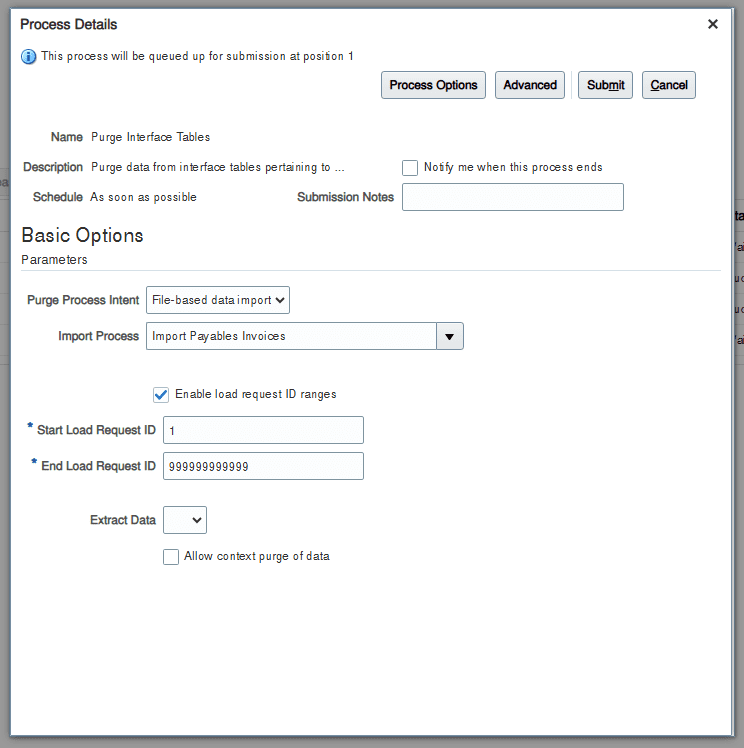How to Enable And Query Audit Tables in Oracle Fusion Cloud ERP
Auditing in Oracle Fusion Cloud ERP provides a powerful mechanism for tracking the full change history of critical business objects. By enabling auditing, you can capture create, update, and delete operations on selected attributes of objects such as journals, journal batches, and journal lines. This enables you to: In this article, we’ll walk through, step […]
How to Enable And Query Audit Tables in Oracle Fusion Cloud ERP Read More »


